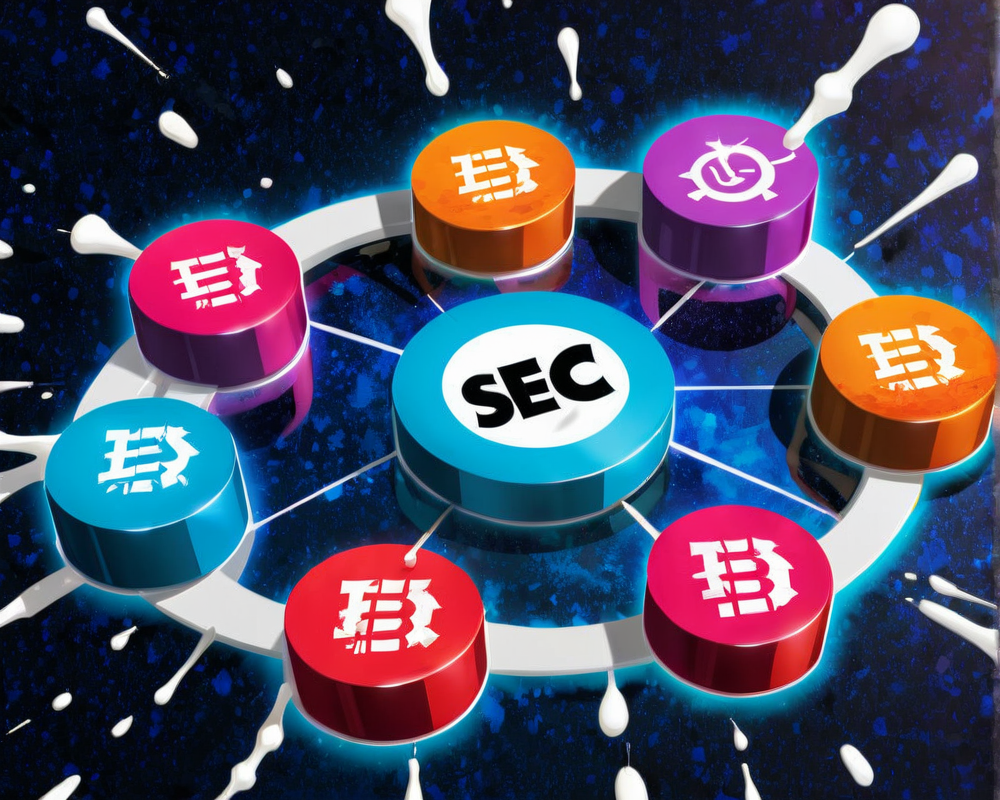The Rise of SIM Swapping: A Digital Dilemma
In the ever-evolving landscape of cybercrime, an alarming trend known as SIM swapping has emerged, allowing hackers to swoop in and steal millions from unsuspecting victims. In essence, this technique, also referred to as a port-out scam, involves taking over a victim’s mobile phone number, providing thieves with a golden key to access various online financial and social media accounts.
The Case of Michael Terpin: A $24 Million Heist
Enter Michael Terpin, a prominent figure in the blockchain and crypto community, whose life took an unfortunate turn in January 2018. In a dramatic twist, Terpin was left reeling after losing nearly $24 million worth of cryptocurrency in a calculated SIM swap attack orchestrated by none other than Nicholas Truglia, a then-21-year-old from New York.
The Legal Battlefield
In August 2018, Terpin filed a lawsuit against telecom giant AT&T, arguing that their negligence had directly facilitated the theft. He claimed that if AT&T had employed proper security measures instead of relying on automated systems, this breach could have been avoided. Terpin’s lawsuit sparked a fervor in the crypto community, igniting discussions on corporate responsibilities in safeguarding user information.
The Accused: Nicholas Truglia’s Alleged Accomplices
Truglia’s colourful criminal escapades didn’t end with Terpin’s case. Prior to this incident, he was already in hot water for previous SIM swap related charges, allegedly snatching away $1 million in crypto from Silicon Valley tech moguls. Talk about racking up a criminal resume!
A Boastful Thief
One of the most fascinating aspects of this scandal was Truglia’s apparent brazen confidence. Reports indicated that he boasted to friends about his newfound wealth after executing the Terpin hack. Using various forms of digital communication, he declared, “I’m a millionaire. I’m not kidding. I have 100 Bitcoin,” sending shivers down the spines of the crypto community.
The RICO Approach: A Fierce Legal Strategy
The lawsuit against Truglia didn’t just stop at theft; it ventured into organized crime territory with charges under the Racketeer Influenced and Corrupt Organizations (RICO) Act. This aggressive move implies that Truglia and his alleged partners didn’t operate as solo acts but rather as part of a network engaging in systematic criminal behavior. It makes you wonder what online crime syndicates are lurking in the digital shadows.
Impact on the Crypto Community
The repercussions of the SIM swap phenomenon extend beyond individual losses. With telecommunication companies acting as gatekeepers of sensitive user identity data, the pressure is mounting for these firms to step up their security protocols. As Terpin poignantly remarked in a past interview, the biggest risk for crypto investors is the false sense of security promised by major phone companies.
Final Thoughts
The saga of Michael Terpin and Nicholas Truglia serves as a cautionary tale in the digital age. As cyber threats become increasingly sophisticated, both consumers and corporations must remain vigilant. Protecting personal data should be as important as safeguarding our physical assets. After all, in a world where your phone can become a target, a little extra caution goes a long way.




